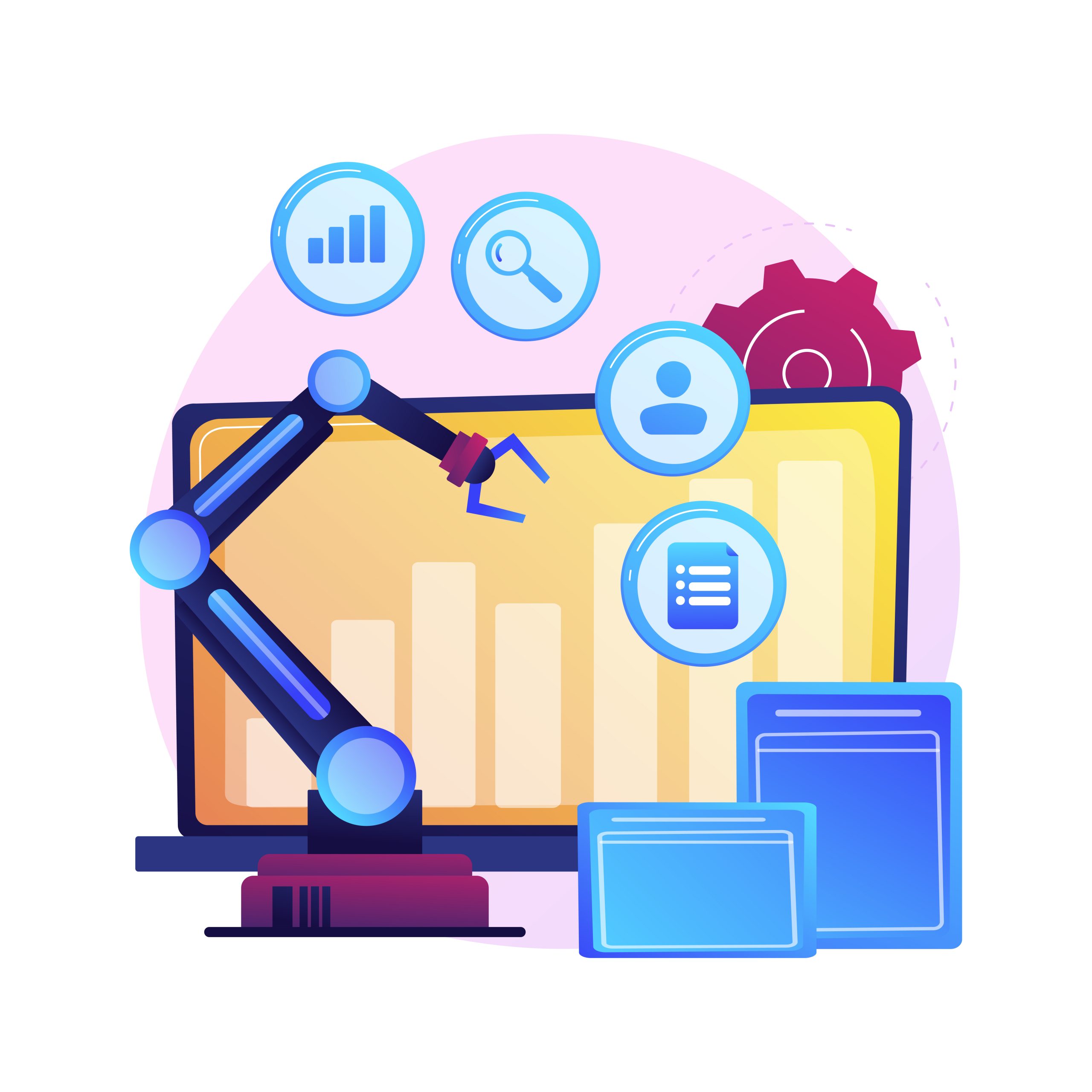
4 key elements to achieving DevOps industrialisation
In recent years, technology has forced companies to make constant changes to optimise processes, which must comply with the principle of efficiency and effectiveness in order to reach full industrialisation.
In software development, DevOps principles have become the main guide for both large and small companies with prospects for continued growth over the next few years. This is highlighted in a recent report by Fortune Business Insights, which forecasts that the market will reach 14,969.6 million euros in 2026, representing a compound annual growth of more than 19.1%.
To achieve complete industrialisation in software development, the DevOps model must comply with the principles of effectiveness, achieving the objective for which it was created whilst optimising the resources employed. At the same time, to achieve the industrialisation of DevOps it is necessary to meet four other objectives. That is why at atSistemas, we highlight these four keys to achieve the industrialisation of DevOps.
Ensuring embedded quality
In software development, as in any other product development process, it is expected that the final result is optimal and has the best guarantees. On many occasions, due to delivery deadlines, the quality of the delivery is often downplayed in order to meet the deadlines, so one of the key elements to achieving the industrialisation process in software development is to be able to maintain that quality throughout the development process and, especially, in the final delivery, optimising, in addition, the amount of resources used.
Maintaining security and reliability
The aim of software development is to solve a need through the creation of a specific product. It is therefore essential that the DevOps model is capable of fulfilling the function for which it was developed from the very beginning, which implies a good organisation to avoid delays and, at the same time, guarantee the entire process. For DevOps to be fully industrialised, the pipeline will have to meet the need for which it was programmed and it must do so without risk and in a secure manner, while guaranteeing the process reliability.
Focusing on sustainable and scalable development
With the industrialisation of DevOps, each delivery must be measured and calculated in order to meet the final objective and the process must be seen as a whole so that it can be sustainable. In the case of compliance and if the deliveries of the development team increase substantially over time, the model will be scalable and, therefore, successful.
Enhancing usability and maintainability
To achieve full industrialisation in software development, the DevOps model must be usable and maintainable. By using code-based tools, this saves the work of creating specific documentation and increases the efficiency of the development process itself and saves time for programmers, who can focus on creating the best possible product.
Our expert opinion
“The race towards digital transformation has become a real sprint due to the way in which the pandemic has revolutionised the way in which relationships between suppliers, customers and developers are developed, as well as in the commercialisation of products. That is why from atSistemas we have opted in the IV edition of DevOps Spain to present the main actors that cover the issues of security, life cycle, automation, observability and value stream and how we can use all these solutions to take a step forward towards more advanced concepts, such as the industrialization of the software development life cycle to create products according to all our expectations”
Says Íñigo Chaso, Business Development Manager of atSistemas.


